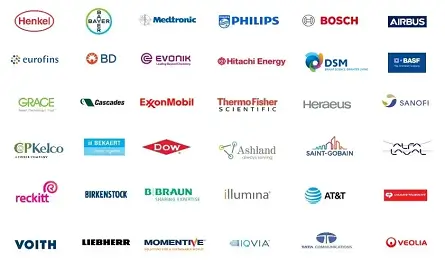Reports and Insights Market Research
Market Research is Our Passion and Assisting in Meeting Your Goals is Our Strength.

Market Research is Our Passion and Assisting in Meeting Your Goals is Our Strength.

April 2024
April 2024
April 2024
April 2024
April 2024
April 2024

Reports and Insights is a leading market research company dedicated to providing comprehensive and reliable reports and analysis on all markets, industries, sectors, and domains. Uncompromising dedication to the field for over a decade and integration of more advanced and highly-reliable technologies in recent times makes us the newer generation of researchers and analysts in a rapidly evolving world and sets us apart from the old-school train of thought.
About usQualitative insights
We provide invaluable qualitative data that goes beyond mere numbers and statistics
Quantitative insights
We deliver quantitative insights that help businesses navigate the complexities of their markets
Syndicate report
We offer syndicate reports created to give long-term strategic insights for informed decision-making
Insight Driven
We identify areas where innovation and differentiation can lead to widening revenue streams
Primary Data Collection
Meticulous efforts are employed to collect primary data through surveys, interviews, and focus groups
Cross Analysis
Analysing data with the help of comparative metrics between product and application
“The report strategy and format are excellent.”
Manager in Intel
“I really appreciate the extra effort by you and your team! This is an excellent effort by Reports and Insights.”
Strategy Director, Chemical Company
“My team contacted your Company for clarification on some items and the responses have been timely and interactive. I must commend you that it is the best response we have had from an organization providing this information. I am happy to spread the word within Medtronic.”
Product Manager in Medtronic
“Thank you very much for customizing the report often!
I received this as a complete report.
Thank you for adding content many times. And it could be used as very useful data for our research.”
Deloitte Touche Tohmatsu Limited